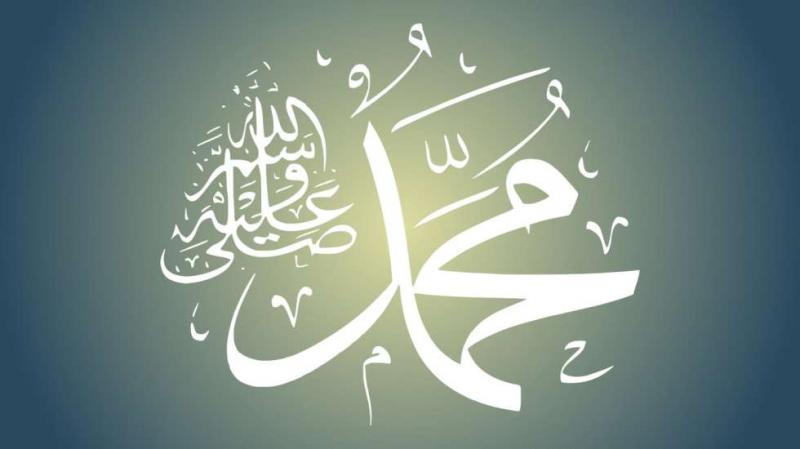
The coronavirus epidemic has made the governments and media to raise public awareness by providing the most accurate tips to prevent disease transmission, while the prophet of Islam, Muhammad (PBUH), had suggested good hygiene and quarantining some 1,400 years ago.
“Those with contagious diseases should be kept away from those who are healthy,” according to the prophet. He also strongly encouraged human beings to adhere to hygienic practices that would keep people safe from infection.
Moreover, “cleanliness is part of faith,” and “the blessings of food lie in washing hands before and after eating.”
Perhaps most importantly, he knew when to balance faith with reason. In recent weeks, some have gone so far as to suggest that prayer would be better at keeping you from the coronavirus than adhering to basic rules of social distancing and quarantine. How would Prophet Muhammad (PBUH) respond to the idea of prayer as the chief—or only—a form of medicine?
Consider the following story, related to us by ninth-century Persian scholar Al-Tirmidhi: One day, Prophet Muhammad (PBUH) noticed a Bedouin man leaving his camel without tying it. He asked the Bedouin, “Why don't you tie down your camel?” The Bedouin answered, “I put my trust in God.” The Prophet then said, “Tie your camel first, then put your trust in God,” according to an article released by AhlulBayt news agency.
Prophet Muhammad (PBUH) encouraged people to seek guidance in their religion, but he hoped they take basic precautionary measures for the stability, safety, and well-being of all.
In other words, he hoped people would use their common sense.
Source: Tehran Times

Add new comment